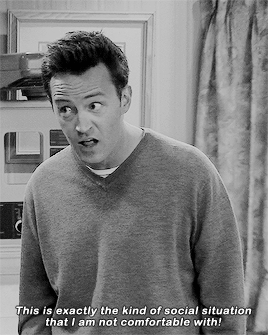The Bluestocking, vol 75: Dying democracy and the Tiffany Problem
Happy Friday!
I wrote a quick thing about chairing panels, which I plan to workshop over the next few weeks before releasing properly into the wild. I hope it will reduce the number of terrible panels I have to sit through, particularly at party conferences. Any tips? Hit reply and I will add them to the post.
I also wrote about why I'm uneasy about All Women Shortlists and theatre's gender quotas. (Bonus: a good thread on the limits of "diverse" programming in the arts.)
Oh! And I did a Radio 4 mini-essay on the phrase "Me Too", which opened out into a discussion about what the internet is doing to language.
The book's going OK, thank you. I'm definitely not procrastinating with other work.
Helen

Morbid visions of castration and emasculation, civilisational decline and decay, connect Godse and Schlesinger to Bin Laden and Trump, and many other exponents of a rear-guard machismo today. They are susceptible to cliched metaphors of “soft” and “passive” femininity, “hard” and “active” masculinity; they are nostalgic for a time when men did not have to think twice about being men. And whether Hindu chauvinist, radical Islamist or white nationalist, their self-image depends on despising and excluding women. It is as though the fantasy of male strength measures itself most gratifyingly against the fantasy of female weakness. Equating women with impotence and seized by panic about becoming cucks, these rancorously angry men are symptoms of an endemic and seemingly unresolvable crisis of masculinity.
Pankaj Mishra also wrote a recent essay on Jordan Peterson which has caused the latter to have some kind of uber-tantrum, which was irresistibly funny. But for a broader view, his Guardian piece was more interesting, particularly on the resurgence of the hyper-masculine strongman leader around the world.
Particular applause is due for the fact that, unlike in his book, he appears to have read some women's work before writing this.
The classics scholar redefining what Twitter can do
Regardless, [Emily] Wilson’s presence on Twitter is quietly revolutionary, a new kind of experience for readers, poets, translators, and really anyone who likes to watch knowledge take shape in an open format, its seams exposed. Like-minded people sharing their obsessions were the soil in which the larger Internet once grew; those transactions, commercialized and monetized, remade the world, with infinite ramifications downstream, some miraculous, some horrible.
Twitter: not just the place for [redacted] to set his followers on people who step out of line. Hurrah!
How democracies die, explained
What if, instead of a louche, undisciplined, boorish, and insulting demagogue, Trump were a smooth, calculating, strategic, and disciplined demagogue? What if it were not Trump who had won the 2016 Republican presidential nomination, but John Kelly — a four-star general who shares many of Trump’s cultural grievances and his xenophobic intuitions but could wrap himself in the flag, in the rhetoric of patriotism, in the dangers that lurk beyond our borders?
Indeed, if I had to rank the most unsettling moments of the past year, high on my list would be press secretary Sarah Huckabee Sanders’s rejoinder to a journalist who asked about a baldfaced lie Kelly had told. “If you want to get into a debate with a four-star Marine general, I think that that’s something highly inappropriate,” she said. That is how democracies die.
Vox's Ezra Klein on a new US book - David Runciman has one on the same theme, out in May.
Fact of the week:

Quick links:
- The FT has lunch with the emir of Kano. Well, dinner, cooked by two of his four wives. (Bonus Lunch with the FT: Jan Morris.)
- A Google executive on why we should be worried about AI, our internet use and psychological manipulation.
- Women and minorities get assigned more "office housework" and fewer "glamour projects".
Guest gif: I'm rewatching Friends. Chandler 4eva.

See you next time!

